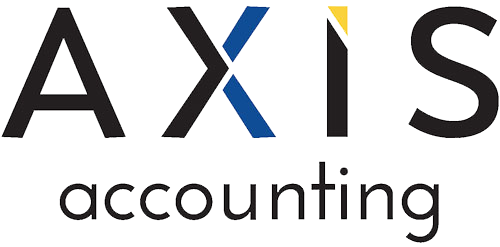Does it seem like everyone else is going places while you’re stuck where you are? Do you keep muttering “How do they do it?” under your breath when you see kids in their crisp private school uniforms, or families heading to the airport for yet another family holiday? You work just as hard as they do (if not harder), and yet you’re the one being left behind, which means they must be doing something you’re not, or vice-versa.
So… how do they do it?
Like a lot of people, you probably have a list of tasks you need to get done. You may even have them in order of priority. But what about the tasks that aren’t on your list, or that keep getting pushed to the bottom whenever something new gets added?
Is “Sort out my finances” one of those tasks?
If it is, you’re not alone. A lot of people have the same issue. It’s not hard to see why. Discussions around finance are often avoided for fear of starting an argument. And most people quickly get into the habit of ignoring bills until the day they’re due.
But could this ‘financial procrastination’ be the reason you’re not getting ahead? Is it in fact limiting your ability to achieve the priorities (business and personal) at the top of your list?
Having followed the behaviour of clients for many years, I strongly believe that turning the list on its head and putting these ‘procrastinations’ before your priorities will actually put you in a better position to achieve those priorities.
I came across this quote recently:
“You may think the grass is greener on the other side. But if you take the time to water your own grass, it would be just as green.”
And it got me thinking: If more people ‘looked after their own grass’ (i.e. had those financial discussions and dealt with their concerns and goals as a matter of priority), maybe they’d have less arguing about money and more financial security. And that would allow them to focus on their more enjoyable priorities such as holidays, family, life balance, etc.
With the Federal Budget release due next week and final lodgement dates imminent, our minds turn to all things fiscal. Whether by default or design, this time of year tends to be when we start to address our financial procrastinations—business and personal. The start of a new financial year is pending, winter is in our midst, and we have fewer things to distract us from the reality of our finances. It’s time to set budgets , lay tax plans, review contracts and assess actions.
No longer can we drag the chain on getting that last document to our accountant to finalise financials. May is here, so we have to send in our information to lodge our tax return for the previous year.
Whilst we are well into 2017 now, and we can no longer call out “New Year’s resolutions”, we can still make key changes and have enough time to implement them. It’s the perfect time to take the plunge and face our financial procrastination head on.
But before you do, ask yourself:
- What are my priorities?
- What are my procrastinations?
- Is there a link between these procrastinations and my confidence in my ability to achieve them?
- How would addressing my financial procrastinations help me achieve my life priorities?
- When did I last:
- look at my debt position?
- consider refinancing?
- assess my superannuation?
- prepare a budget?
- set money aside for the unexpected?
While everyone’s scenario will be different (especially with Australia’s changing demographics), most people still have a focus on lifestyle, education, and retirement. But not making household finances a priority means many will struggle to achieve these key priorities in the long term.
No matter what your age, you can still benefit from making the money discussion a key priority, and addressing your financial and tax planning. And now is the perfect time to do it.
So stop procrastinating. Get in touch with us, and together we will come up with a plan to achieve your financial priorities.
